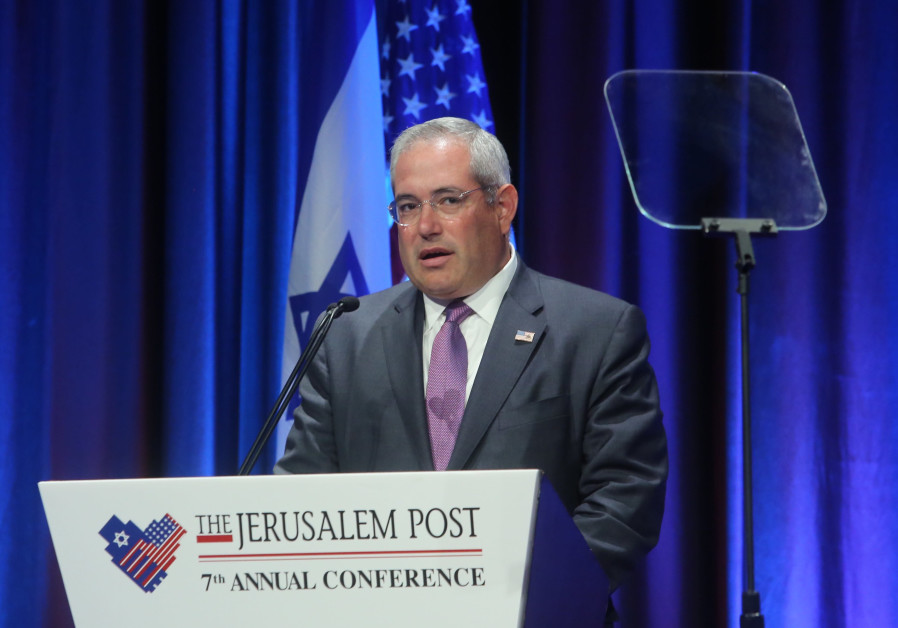Battle heats up between Trump appointee Paul Packer and the social media giant.

WASHINGTON – Paul Packer, chairman of the Commission for the Preservation of America’s Heritage Abroad, confronted Facebook leadership last week over CEO Mark Zuckerberg’s statement that he opposed banning Holocaust denial from the social media platform.
Packer, who was appointed to head the independent government agency last year by US President Donald Trump, told The Jerusalem Post on Sunday that he was not satisfied with what he heard and expects Facebook to do more.
After meeting with Facebook’s vice president of global public policy Joel Kaplan to discuss his concerns, Packer said he spotted inconsistencies in the media giant’s arguments. “He said a lot, but really didn’t say anything,” Packer said of Kaplan.
“The policy will lead to more hate. And Facebook – being the community builder that it would like to be, with close to 2 billion users – by allowing Holocaust deniers on their platform is choosing not to act,” he said.
Packer said that Facebook has proven its ability to suppress Holocaust denial in Europe – where such revisionism is criminally punished in several countries – with geotagging technology. He said he encouraged Kaplan to implement a similar practice in the US.
“Holocaust denial is a crime in Germany, and a crime in France – we know its blocked in those countries by Facebook,” where they geotag, he said, questioning why they would not replicate the policy here.
“It has no place in America,” he added, “to rewrite history.”
Zuckerberg sparked outrage earlier this month when he told tech news website Recode in an interview that Facebook would not “impugn the intent” of people “getting things wrong” by removing factually incorrect posts – even if they effectively spread consequentially fake information to others.
The CEO later said in a statement that such posts would lose their distribution value in Facebook’s news-feed algorithm, but added that only posts which “crossed the line into advocating for violence or hate” would be removed completely.
Kaplan offered comment on his meeting with Packer to news site Axios on Friday, stating that, while Holocaust denial is “abhorrent and offensive,” Facebook would “not remove content simply for being factually inaccurate, whether it’s about the Holocaust, any other world event or anything else.” Axios noted that Kaplan’s willingness to meet with Packer reflects how seriously Facebook is taking his concerns.
But Packer is only increasing his criticism, hoping to elevate public consciousness of the issue and apply pressure on a company reeling from devastating losses last week. Facebook shed roughly 20% of its value in two days amid concerns over its approach to privacy and its business model.
“Facebook should be able to use their platform in order to educate those who might not know any better,” he said. “I reiterate my call to invite Mr. Zuckerberg to visit any country with me where the Holocaust took place and to see first place the killing fields, the concentration camps.”
